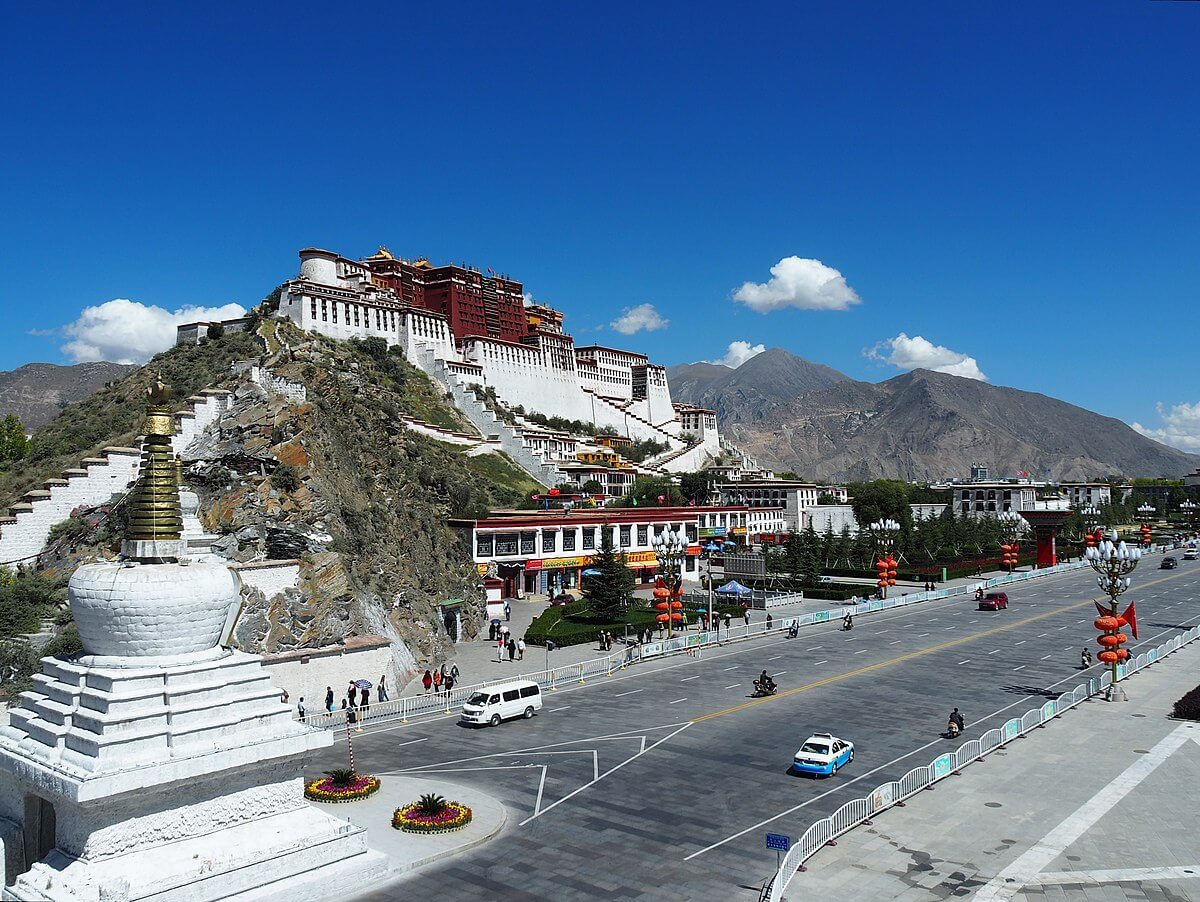The United States (US) on Monday passed the Tibetan Policy and Support Act (TPSA). In what is being viewed as a major blow to Chinese interests, the bill supports the strengthening of the US’ relations with Tibet and the opening of a US consulate in Lhasa before any new Chinese consulates can be opened in the US.
The bill, which is co-sponsored by Rep. James McGovern and Rep. Marco Rubio, modifies various programmes and provisions related to Tibet and guarantees support to non-governmental organizations who work towards supporting Tibetan communities. It also reauthorizes the Office of the US Special Coordinator for Tibetan Issues and further expands its duties by now including additional tasks, such as “pursuing international coalitions to ensure that the next Dalai Lama is appointed solely by the Tibetan Buddhist faith community”. The TPSA would also greatly strengthen the US’ presence in the Chinese autonomous region and allows it to hold senior officials of the Chinese government or its Communist Party accountable if they are found to be intervening in the identification or installation process of the successor of the Dalai Lama.
Further, it also makes large scale financial donations towards the development of the region. This includes $1 million per annum for the Special US Coordinator on Tibet, $675,000 towards scholarship provisions, $575,000 for scholar exchange initiatives, $8 million for the Tibetan Autonomous Region and Communities in China, $6 million for Tibetans living in India, and $3 million for Tibetan governance. The bill has been passed by the House of Representatives and as well the Senate and is now set to be signed and enacted into law by President Donald Trump.
Despite being backed by both the Democrats and Republicans, the large financial contributions guaranteed by the bill have faced some backlash from within the US government. Congressman Paul Gosar, who voted against the bill, said that America needed “every dollar here helping our citizens.” He criticized the bill’s generosity saying that “instead, we are buying billions in food for foreigners while bread lines form across the US and American businesses remain closed by our own government. The Sudan, Egyptian military and Dalai Lama are not more important than American citizens”.
The passing of the TPSA has also naturally upset Beijing. Chinese Foreign Ministry spokesperson Wang Wenbin said on Tuesday that China “strongly opposed” the bill. Wang claimed that issues involving Tibet, Taiwan, and Hong Kong “concern China’s sovereignty and territorial integrity,” and urged the US to “stop meddling in Beijing’s internal affairs.”
This is, however, seen as an important step towards the US’ pursuit of countering Chinese expansionism, as it tries to expand its foothold in the vicinity through a series of events that have continuously escalated conflict between both superpowers. Tibet has been forcefully occupied by China since 1951 and its religious and cultural identity has been suppressed. The 14th Dalai Lama, who has since been exiled in India, is viewed by Beijing as a separatist who aims to undermine Beijing’s authority and influence over Tibet. Therefore, by passing the TPSA, Washington has amplified its anti-Beijing rhetoric once again.
US Passes Bill to Open Consulate in Tibet, Drawing Ire of China
China expressed its displeasure at the US’ decision to pass the Tibetan Policy and Support Act (TPSA), a landmark legislation that paves the way for Washington to open a consulate in Lhasa.
December 24, 2020

SOURCE: LAIKA AC
